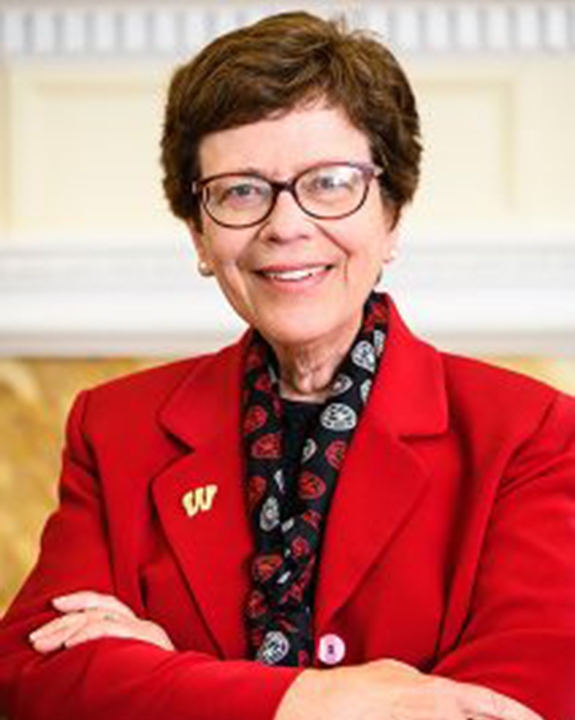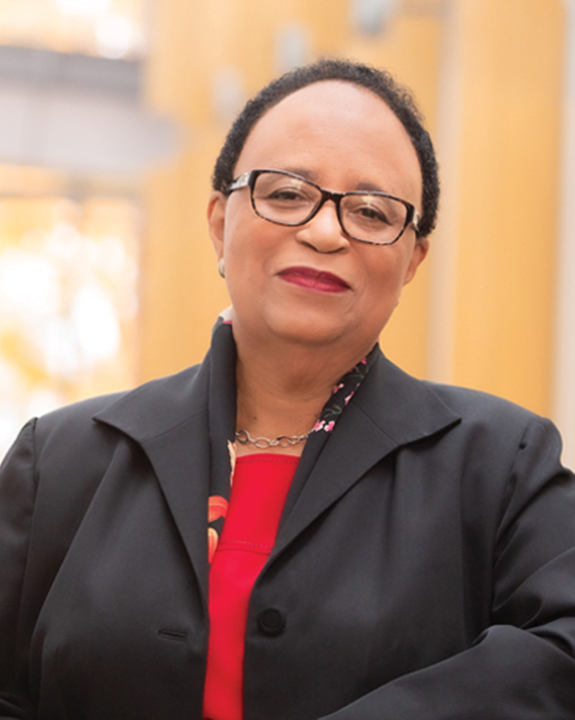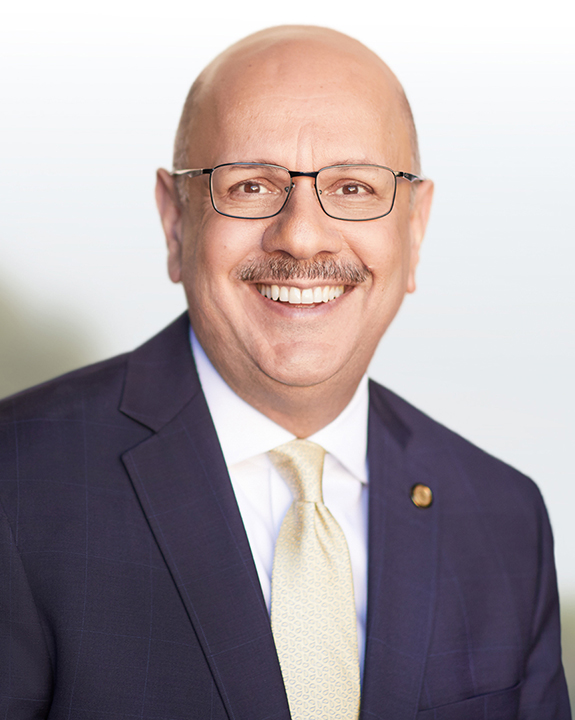Panel 1: The Future of the University in the U.S. Research and Innovation Ecosystem
Thursday, March 3, 2022 | 2:45 p.m.–4:15 p.m. (ET)
What are the most important constraints that universities face in terms of their ability to play a dynamic role in the American innovation ecosystem? What are the most important changes universities need to make to improve their contribution to the U.S. research ecosystem? Which of those important changes are under universities’ control?
Panel
REBECCA BLANK, Chancellor, University of Wisconsin-Madison
SHIRLEY ANN JACKSON, President, Rensselaer Polytechnic Institute
FARNAM JAHANIAN, President, Carnegie Mellon University
VINCENT PRICE, President, Duke University
KERRY ABRAMS, moderator, Dean, Duke Law School

Chancellor
University of Wisconsin-Madison
Dr. Rebecca Blank has served as chancellor at the University of Wisconsin-Madison, one of the largest research universities in the U.S., since 2013. In her time at UW-Madison, she has presided over a major effort to expand access and improve educational outcomes, making sure that students are prepared to succeed in a rapidly changing economy. At the same time, she has worked to maintain the university’s position as a global leader in innovation and research, nurturing entrepreneurship and driving economic development. Dr. Blank is an economist who has worked in three different presidential administrations—most recently as deputy secretary and acting secretary of the U.S. Department of Commerce under President Obama. She holds a doctoral degree from MIT, and has served on the faculty at Princeton, Northwestern and the University of Michigan, where she was dean of the Ford School of Public Policy.

President
Rensselaer Polytechnic Institute
Shirley Ann Jackson is the 18th president of Rensselaer Polytechnic Institute. Dr. Jackson’s career prior to becoming Rensselaer's president has encompassed senior positions in government, in industry and research, and in academia. She is an active member of the British Royal Academy of Engineering, the U.S. National Academy of Engineering, the American Philosophical Society, and the Council on Foreign Relations; she is a fellow of the American Physical Society, the American Academy of Arts and Sciences, and a fellow and past president of the American Association for the Advancement of Science. She holds an S.B. in Physics, and a Ph.D. in Theoretical Elementary Particle Physics — both from MIT. She is the first African American woman to receive a doctorate from MIT — in any field — and has been a trailblazer throughout her career, including as the first African-American woman to lead a top-ranked research university.

President
Carnegie Mellon University
Farnam Jahanian is the 10th president of Carnegie Mellon University. He previously served as the university’s provost and as well as its vice president for research. A nationally recognized computer scientist, entrepreneur, and higher education leader, Dr. Jahanian previously led the National Science Foundation Directorate for Computer and Information Science and Engineering; and was a professor at the University of Michigan, where he served as chair for Computer Science and Engineering. Dr. Jahanian has served as chair of the National Research Council’s Computer Science and Telecommunications Board (CSTB) and as a board member of the Computing Research Association (CRA). He sits on the executive committee of the U.S. Council on Competitiveness and is active with the World Economic Forum. Dr. Jahanian holds a Ph.D. in computer science from the University of Texas at Austin. He is a fellow of the Association for Computing Machinery, the Institute of Electrical and Electronic Engineers and the American Association for the Advancement of Science.

President
Duke University
Vincent Price is the 10th President of Duke University, where he is also Walter Hines Page Professor of Public Policy and Political Science in the Sanford School of Public Policy and Trinity College of Arts and Sciences. A leading global expert on public opinion, social influence, and political communication and former editor-in-chief of Public Opinion Quarterly, President Price came to Duke in 2017. Since arriving on campus, he has turned his attention to the future of the university, developing a strategic framework focused on five core principles: empowering people, transforming education, building community, forging partnerships, and engaging a global network. He has also overseen a series of major new initiatives at Duke—including a comprehensive commitment to anti-racism, continued strategic advancement of the arts, implementing next-generation residential programs, investing in Duke science and technology, and broadening and deepening engagement with Durham and the surrounding region. Prior to coming to Duke, Price served as Provost of the University of Pennsylvania and was the Steven H. Chaffee Professor in the Annenberg School for Communication and Professor of Political Science in the School of Arts and Sciences. A member of the American Academy of Arts and Sciences, he earned his PhD (1987) and MA (1985) in Communication from Stanford University and a BA magna cum laude (1979) in English from the University Honors Program at Santa Clara University.

Dean, Duke Law School
MODERATOR
Kerry Abrams is the James B. Duke and Benjamin N. Duke Dean of the School of Law and professor of law at Duke Law School. A scholar of immigration, citizenship, family, and constitutional law, Abrams is well-known for her scholarly writing on family-based migration, the legal regulation of immigrant families, and the history of immigration law. Prior to Duke Law, she served on the law faculty of the University of Virginia for thirteen years; and, more recently, as vice provost for faculty affairs, responsible university-wide for faculty policies, faculty recruitment and retention, tenure, and professional development programs for faculty. Abrams received her B.A. with highest honors from Swarthmore College and graduated with distinction from Stanford Law School, where she was president of the Moot Court Board and the co-chair of Women of Stanford Law. After law school, she clerked for Judge Stanwood R. Duval Jr. of the U.S. District Court for the Eastern District of Louisiana, practiced as a commercial litigator for several years at Patterson, Belknap, Webb & Tyler LLP, and served as acting assistant professor of lawyering at NYU Law. She is a member of the New York State Bar and the United States Supreme Court Bar.
Co-Sponsors

